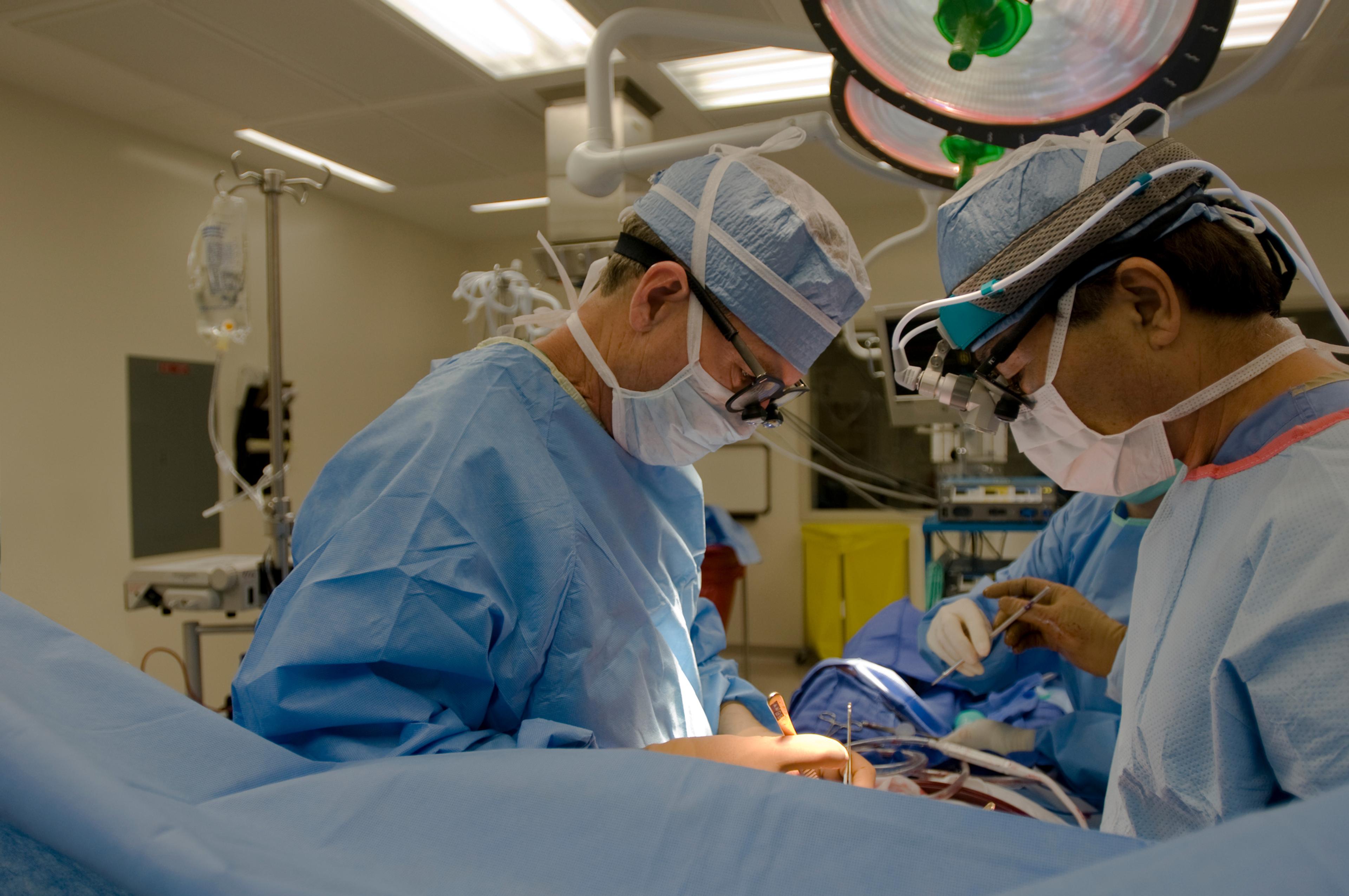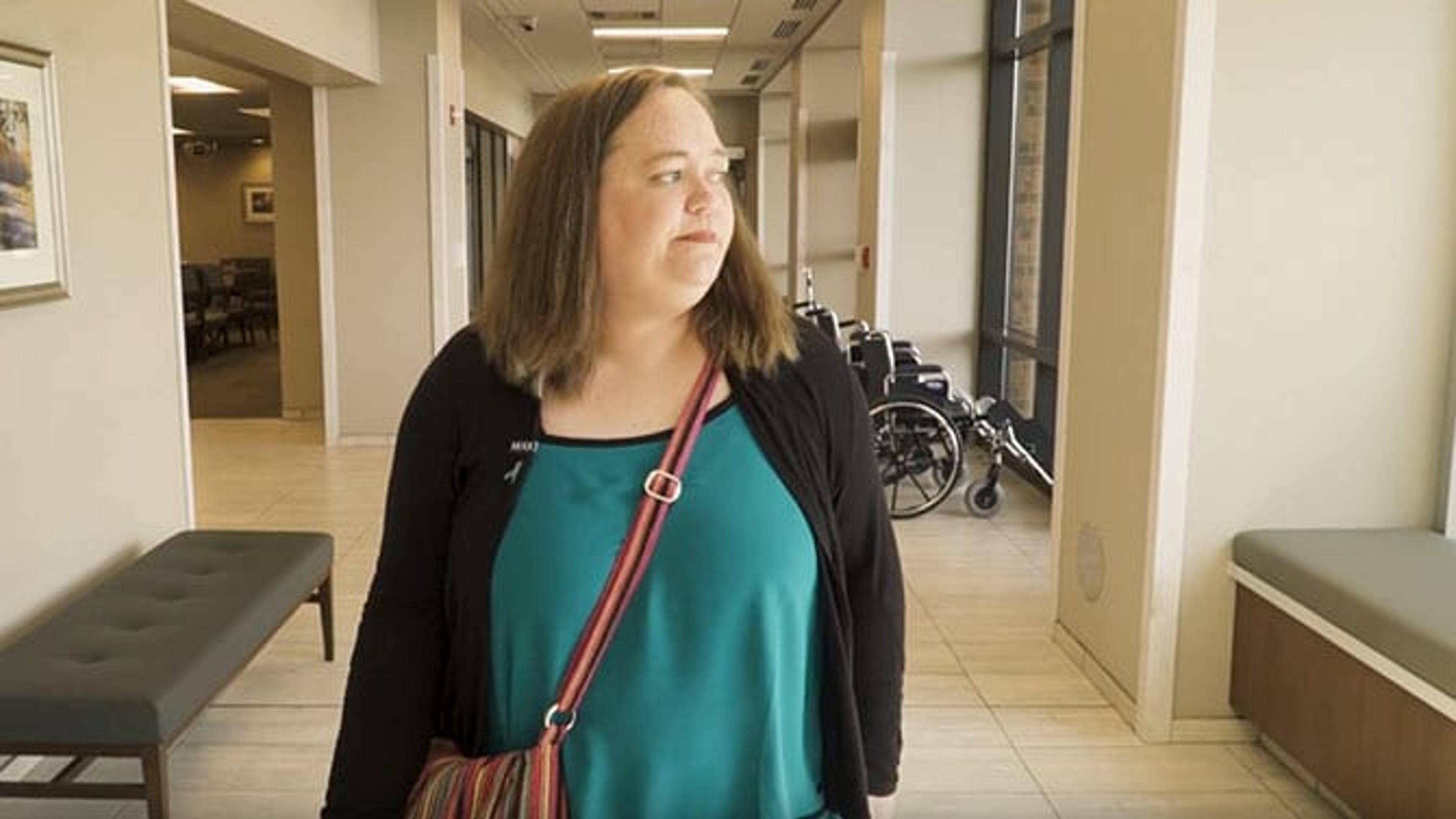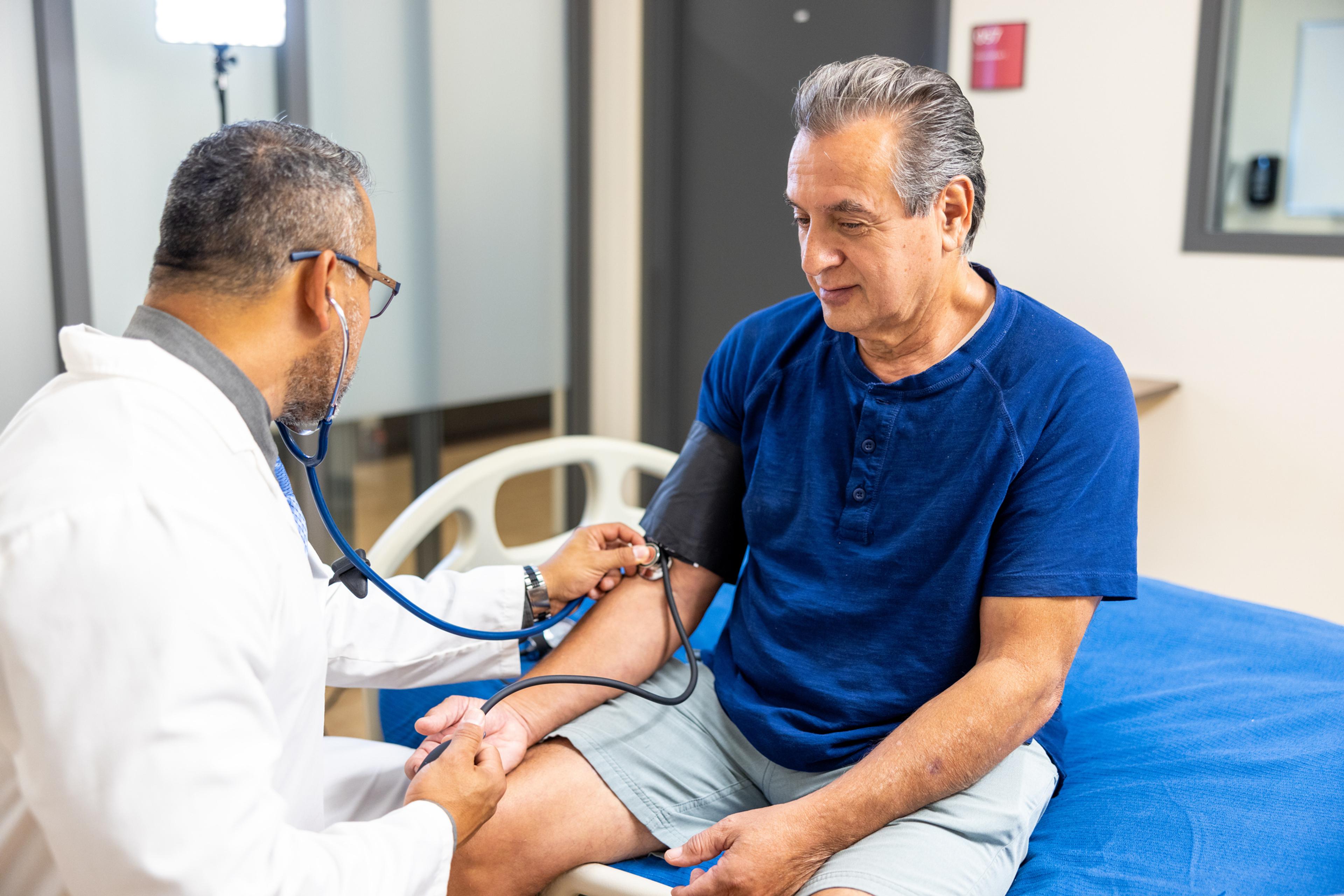Blue Cross Data Helps Researchers Learn How Cannabis Use Affects Bypass Surgery Patients
Amy Barczy
| 3 min read
Amy Barczy is a former brand journalist who authored...

Data and information collected over a long period of time by Blue Cross Blue Shield of Michigan in collaboration with health care providers is helping bridge knowledge gaps in the medical community on the impacts of cannabis use related to outcomes after bypass surgery.
Dr. Drew Braet and his colleagues at Michigan Medicine were recently discussing a case where a patient had undergone bypass graft surgery – but the graft had clotted. The outlying factor was that the patient was a daily cannabis smoker. It raised a question the team couldn’t answer: does smoking cannabis affect how blood clots form?
“There was no existing literature on it,” Braet said.
For medical professionals, it’s difficult to help patients understand how cannabis use affects their health – especially when it comes to surgery outcomes – as there have been very few scientific studies conducted into the specific impacts. But with the prevalence of legal cannabis increasing in the U.S. – and reported use on the rise – Braet and his colleagues responded to a need for more solid scientific research. In Michigan, medical cannabis has been legal since 2008 and recreational cannabis has been legal since 2018.
The team at Michigan Medicine turned to case data from the Blue Cross Blue Shield of Michigan Cardiovascular Consortium, known as BMC2. The BMC2 is a collaborative consortium of health care providers dedicated to improving quality of care and outcomes for cardiovascular patients across Michigan.
Researchers at Michigan Medicine evaluated the cases and outcomes of more than 11,000 patients who underwent lower extremity bypass procedures from 2014 to 2021; about 9% of which had smoked cannabis within a month before their surgery. Lower extremity bypass surgeries are used to detour blood around a blocked artery to improve and restore blood flow to the lower leg and foot.
“The BMC2 is the perfect data set,” Braet said. “It has a robust amount of outcome data. We can look at multiple outcomes, including heart attack and stroke. So many other data sets don’t have that.”
The researchers found patients who reported cannabis use and underwent a lower extremity bypass surgery had a higher chance of the graft becoming blocked or occluded. This also made them 1.25 times more likely to require an amputation one year after surgery. These patients were also more likely to use opioids after discharge. The study’sresults wererecently published in Annals of Vascular Surgery.
Though the researchers caution that more data is needed, the study offers new facts to help patients understand risks and outcomes as they go into vascular surgery. Most times, patients undergoing vascular surgery are older and have other health conditions to navigate, like peripheral artery disease, general cardiovascular disease, chronic kidney disease, hypertension and high cholesterol, Braet said.
Braet said the study should help the scientific community and medical community pursue future research into the impacts of cannabis on the body. More importantly, it helps doctors like Braet to talk to patients with facts.
“Patients ask us all the time about it. We tell them what we know,” Braet said.
For more information on how Blue Cross is ready to help providers improve outcomes for cardiovascular patients, click here.
Photo credit: Getty Images





